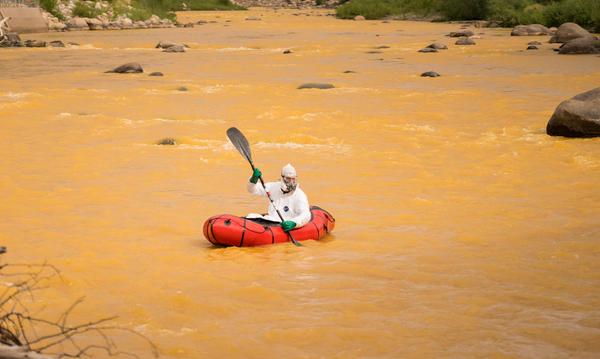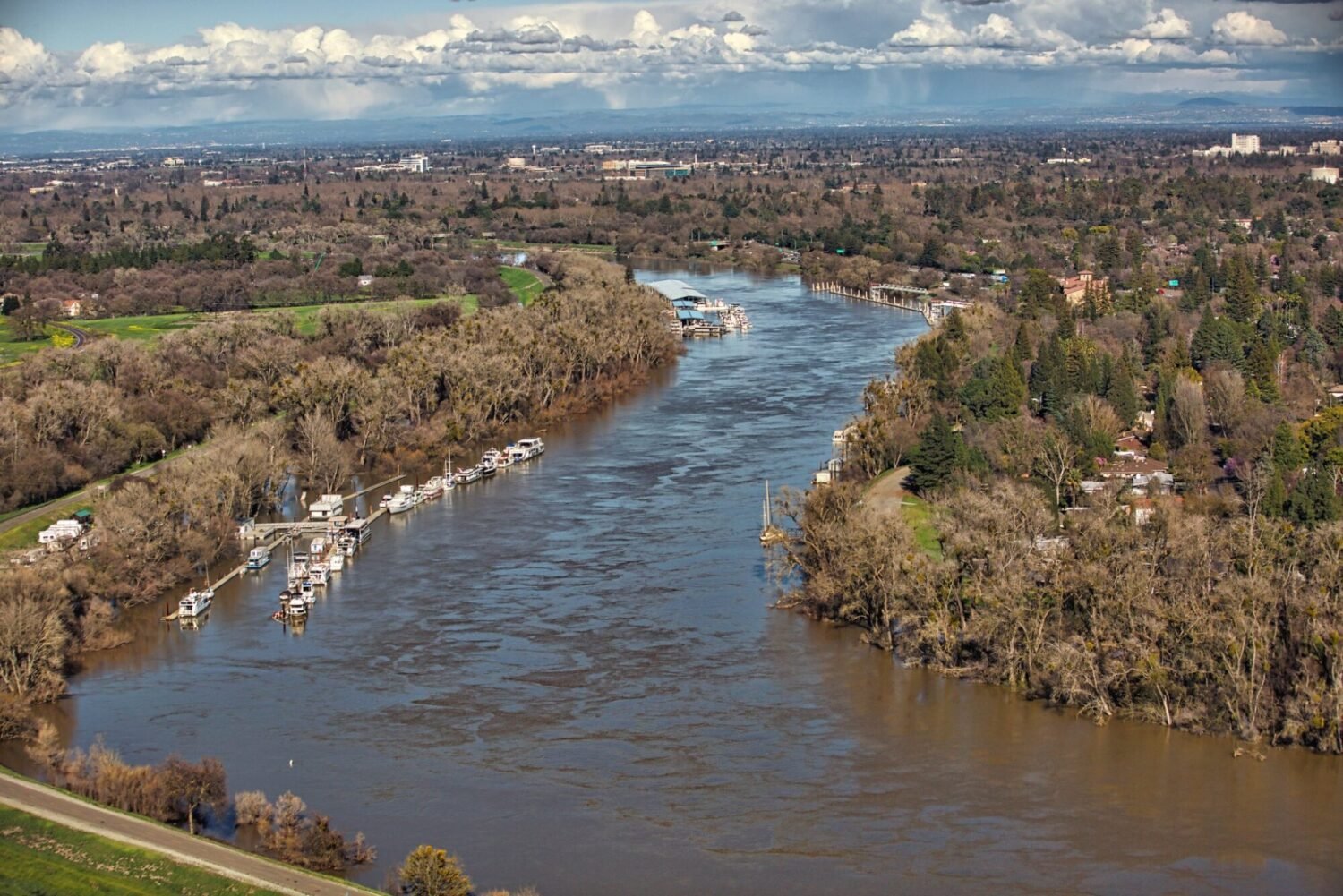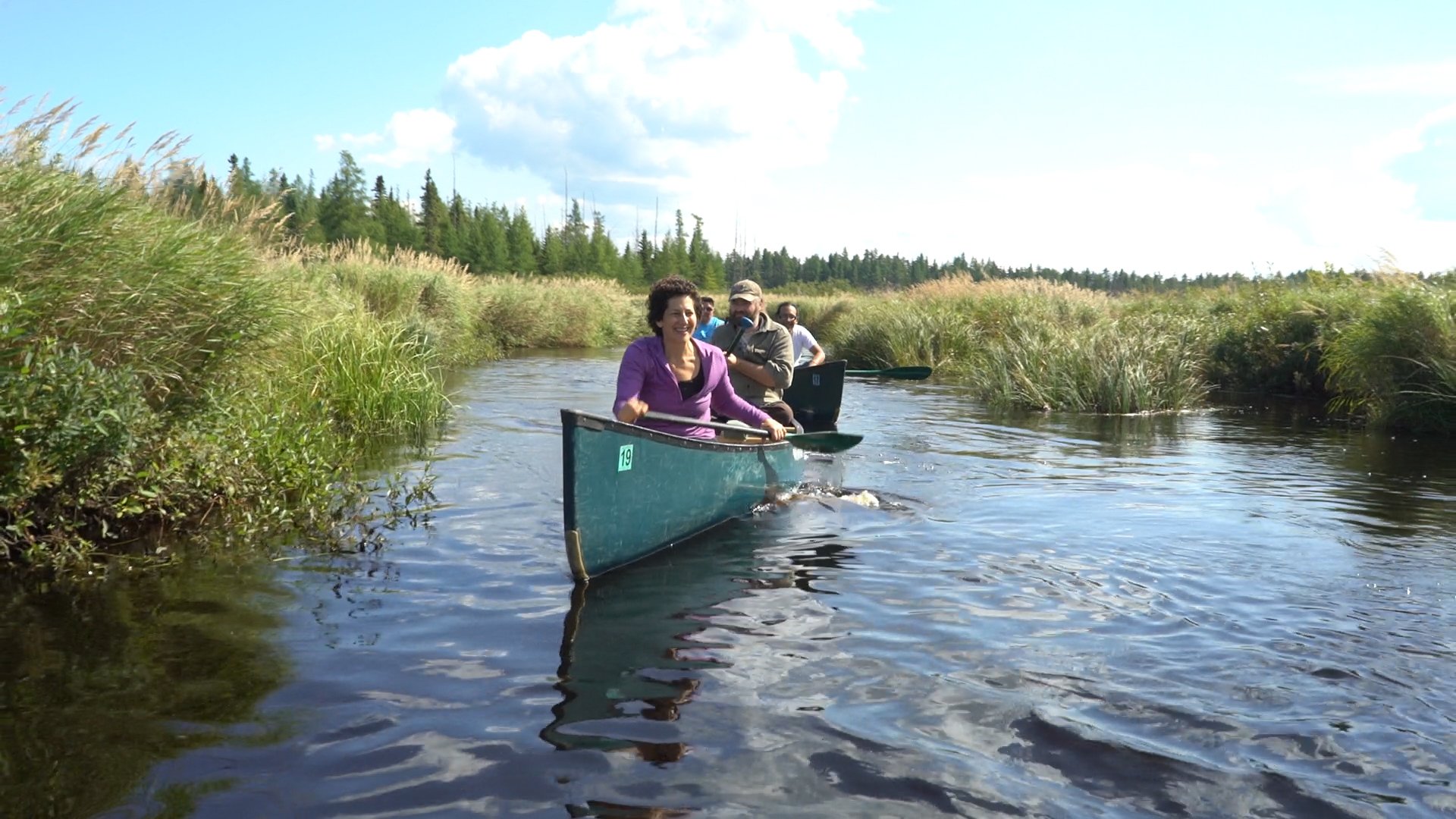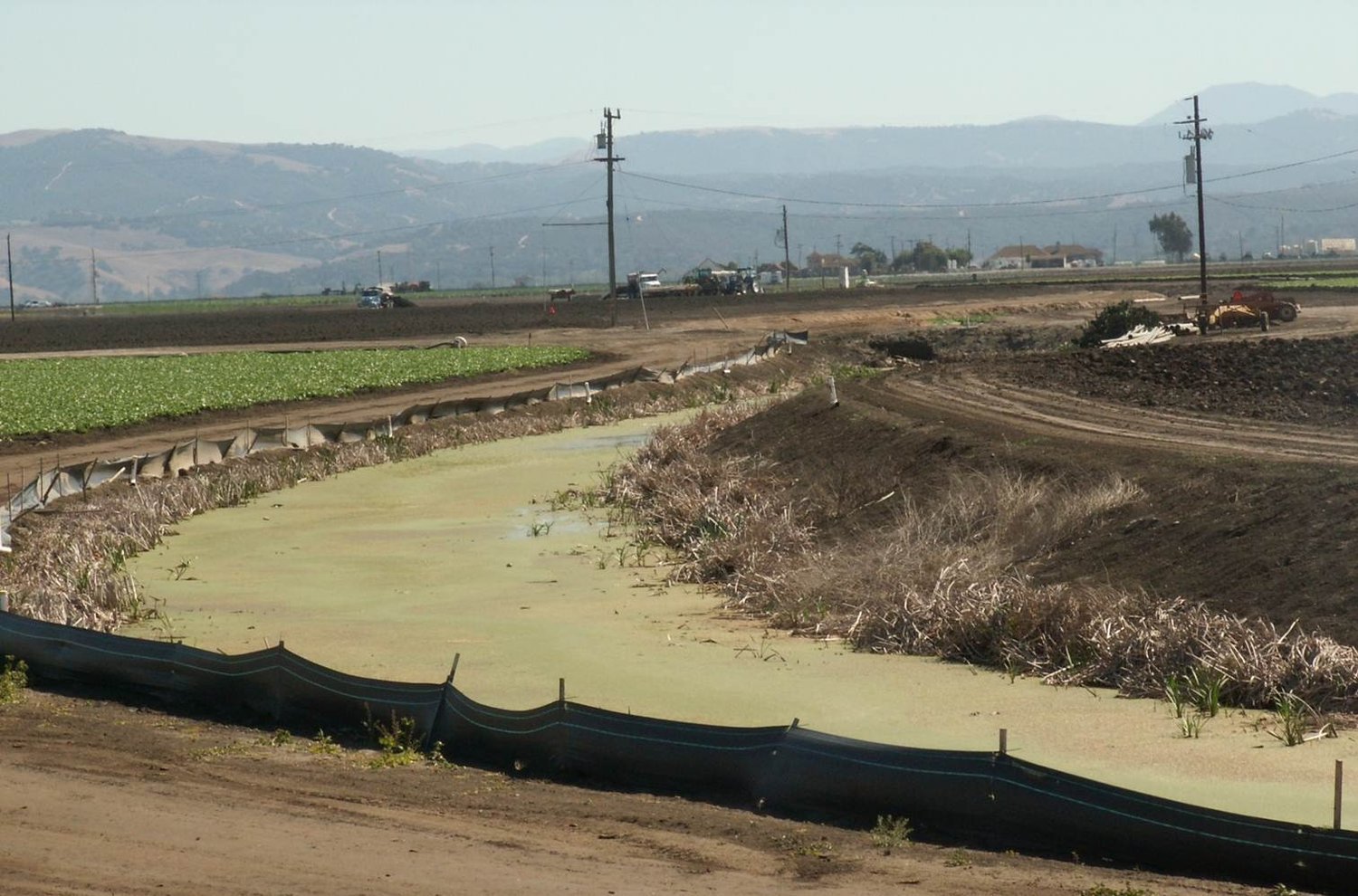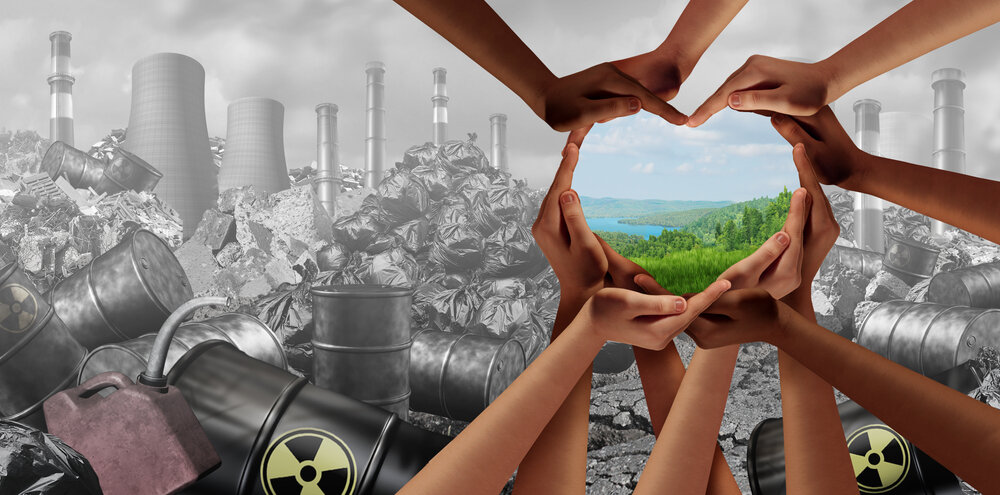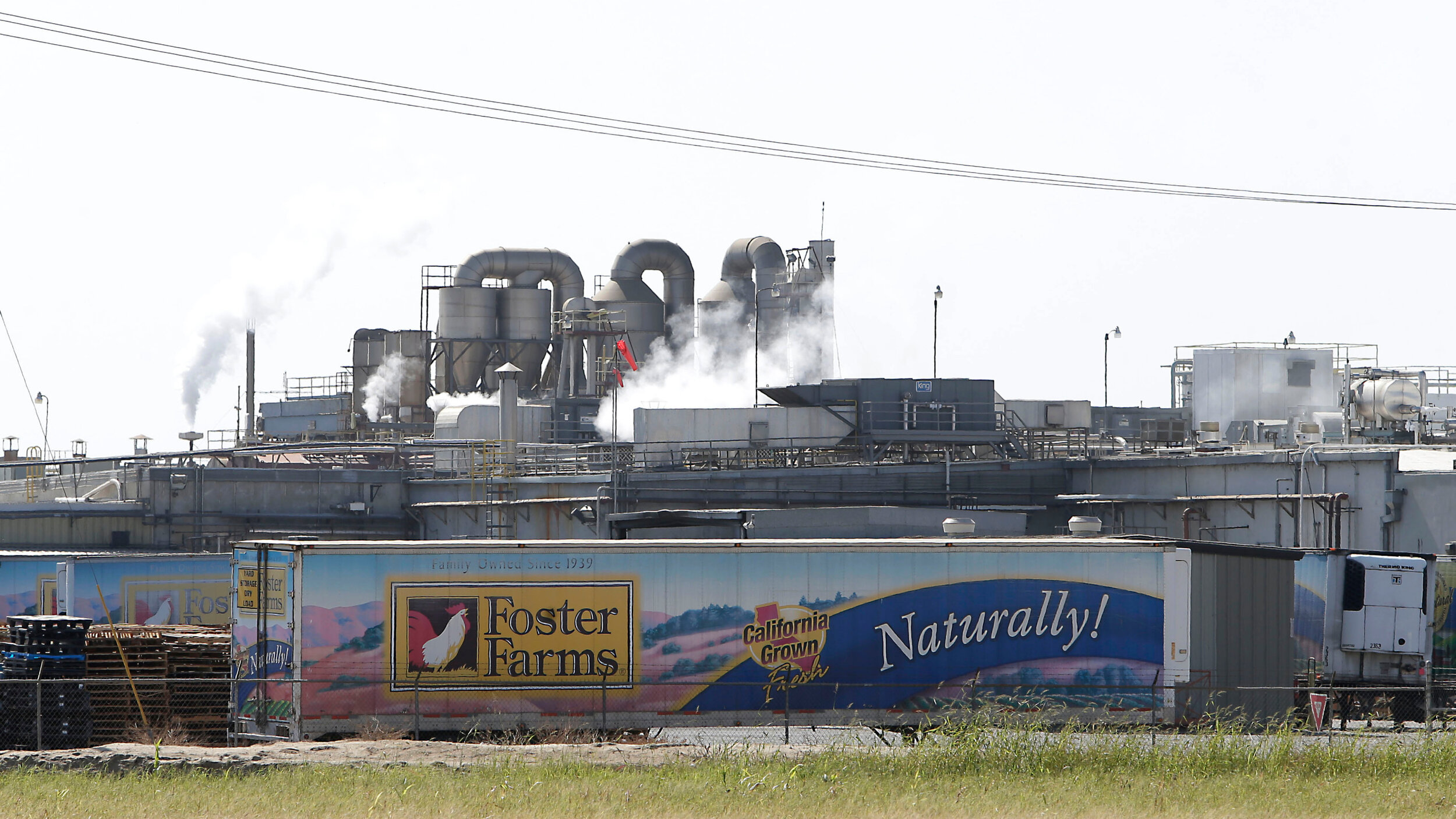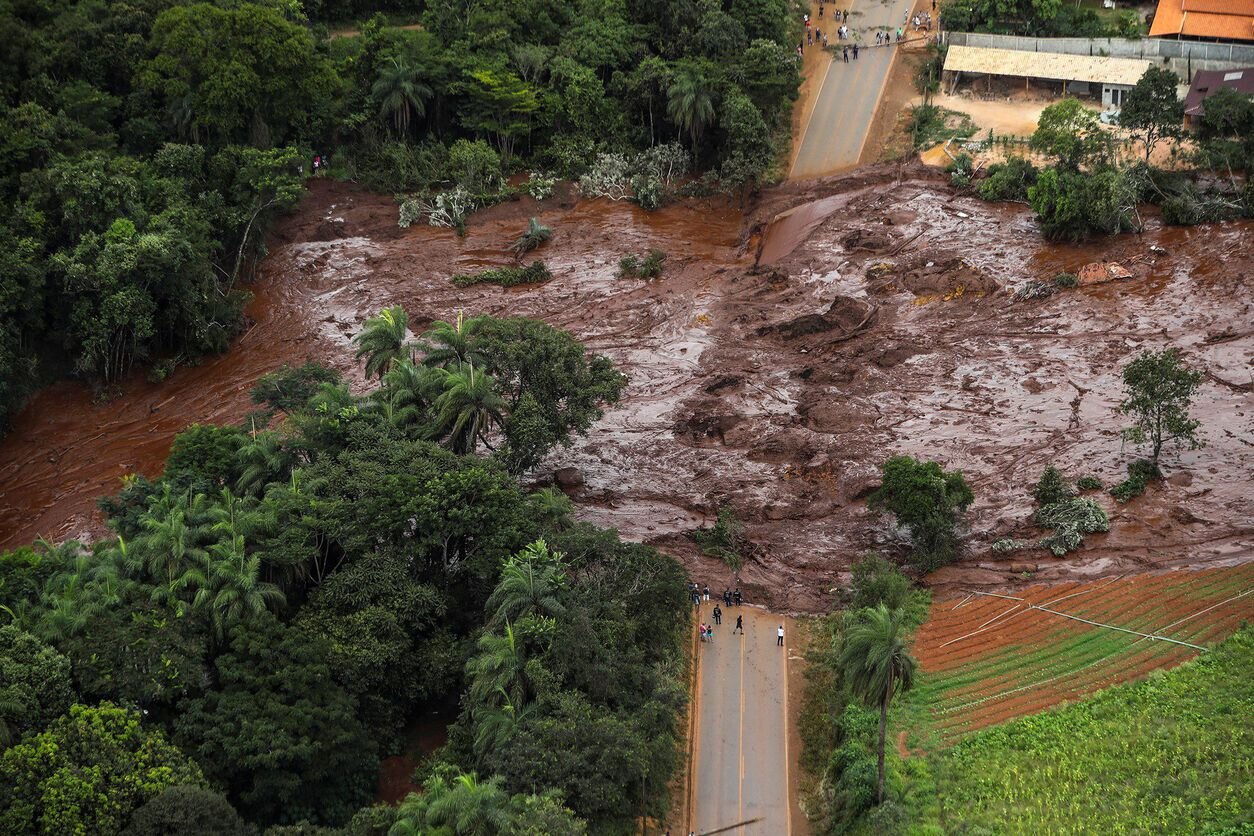A BIGGER VISION FOR ENVIRONMENTAL JUSTICE GRANTS
Linda Gordon, Grant Specialist, The Impact Fund
As we launch the expansion of our environmental justice grantmaking, I sat down with our Grant Program Director, Amy Daniewicz, to hear about the new Just Earth Fund and methodology behind it…
When the Impact Fund was founded, environmental justice grants were a cornerstone of the grant program. Now with the new Just Earth Fund, our efforts to support these cases are set to more than triple. Why is expanding impact litigation for environmental justice so important right now?
“When we damage the earth, we damage ourselves.”
When we damage the earth, we damage ourselves. This relationship cannot be denied or ignored--and neither can the unjust distribution of environmental harms. For too long, the wealthy and powerful have prioritized financial gain over the health and safety of the people.
For 25 years our environmental justice grantees have demonstrated how communities bearing the brunt of toxic pollution, unsafe practices, and climate change can push back using impact litigation as their pathway to justice. Today, we’re seeing more and more communities utilizing their rights—the right to say no to a power plant, no to unsafe drinking water, no to their kids’ asthma—and taking polluters to court. These cases could not be more important than they are right now, which is why we are increasing our support for them.
What is new about the Just Earth grants?
Just Earth grants are similar to the grants we’ve been making for environmental justice cases for 25 years, with a few important differences:
· We now make grants up to a maximum of $50,000 for lawsuits that will have a broad systemic impact.
· We’ve expanded our grantmaking beyond the United States to include Mexico and Canada.
· We will consider funding some pre-filing expenses, such as scientific analysis, in addition to out-of-pocket expenses already covered in our general grant program including filing fees, court reporter costs, transcripts, records, experts, travel costs, etc.
“Or the issue could be more local— a community trying to keep mercury out of the river they fish in or arsenic out of the local drinking water.”
In practice, we’ve seen these criteria met through national lawsuits, for example a case trying to keep a corporation from planting GMO corn in Mexico, or one holding the government responsible for its failure to adequately respond to climate change. Or the issue could be more local— a community trying to keep mercury out of the river they fish in or arsenic out of the local drinking water.
We focus our funds on the cases and people who need the money the most, so that communities and nonprofits who would otherwise have a hard time bringing a case, because of all the costs associated with a long class-action or high impact suit, can do so.
These grants are one way we are responding to the upwards trend in the number of environmental justice applications we have been seeing, which points to the greater need. This expansion is occurring alongside community partnerships and outreach we are developing with organizations who are exposing environmental injustice across North America and taking polluters to court.
How do you see this program contributing to the larger environmental justice movement and advocacy?
“Communities across North America are speaking out against systemic environmental racism and discrimination…”
While developing the Just Earth Fund, we’ve had the privilege of working with incredible grassroots organizations and advocates who are already working tirelessly for change within their communities. This program has been designed to contribute to this diverse landscape of environmental justice in primarily two ways:
First and foremost, we are a source of financial and strategic support for any group using impact litigation as their pathway to justice. We make grants to support case expenses of course, but we also can serve as a consultant of sorts. Our grant reviewers are experts in their areas of the law, and they often (if requested) give strategy advice on the case or make referrals to potential co-counsel, that type of thing. We are also happy to help amplify our grantees’ work through our social media platforms and our social justice blog.
Second, within the broader community of environmental justice funders and supporters, we shine a spotlight on the strategy of using impact litigation as a tool for effecting social change. Impact litigation is a key way to cut straight to the laws, policies, and unexamined practices that ensure the status quo is maintained: low-income communities and people of color bear the brunt of the harmful effects of destructive environmental acts. Communities across North America are speaking out against systemic environmental racism and discrimination and taking the fight to these often hidden but hugely influential systems and policies. We are proud to support them and the role of courts, which offer a way for people with less power to take on giants and win.
How does the Just Earth Fund fit into the overarching vision and goals of the Impact Fund Grant Program?
Our mission is to support the diverse litigation needs of the communities that are marginalized by the powerful and the wealthy. Just Earth continues that tradition, a tradition of care and commitment we have always shown in our grant program. We hope it serves as a model in other areas: economic, racial, and social justice grantmaking.
It is a pivotal moment for all of us.
The Just Earth Fund, inspired by the urgency of our time, builds on our 25 years of successful grantmaking and brings new energy, hope, and funds to communities demanding justice.
Applicants may apply through our regular application process. Letters of inquiry are now being accepted and will be reviewed on a quarterly basis. The next deadline for letters of inquiry is October 9, 2018. Interested organizations should click here for more information or email Linda Gordon, Impact Fund’s Grant Specialist.



